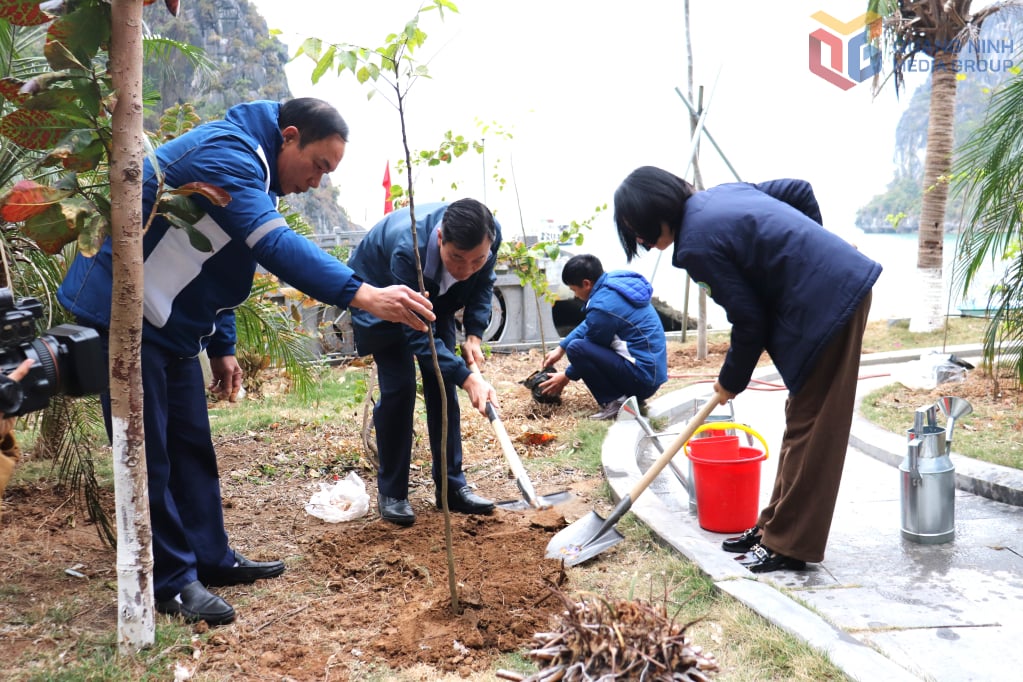
As soon as the Law on Environmental Protection comes into effect, the province will direct the Department of Agriculture and Environment to advise on implementation. As of March 2025, the Department Advised the Provincial People's Committee to issue 30 decisions/plans, advised the Provincial People's Council to issue 3 resolutions on 12/15 contents guiding the implementation of the Law. The work of reviewing, amending and supplementing relevant legal documents was carried out systematically, with 21 documents reviewed, 12 updated documents, and 7 documents under construction. The documents were assessed to ensure legality, consistency, completeness and high feasibility, with no illegal provisions or provisions inconsistent with central regulations. Quang Ninh is one of the few localities in the country that has proactively issued local environmental technical regulations, applied by 100% of production and service establishments in the province.
In the construction of the organizational apparatus, Quang Ninh is at the forefront of arranging, consolidating, and merging the fields of natural resources, environment, and agriculture, and establishing the Department of Agriculture and Environment. Although the apparatus has changed, environmental protection work has not been interrupted. The Department of Environmental Protection (DARD) has 17 staff, 100% of whom have a master's degree or higher. Specialized departments and professional offices at the district level still ensure the effective implementation of state management tasks on the environment.
The province arranges, mobilizes and effectively uses financial resources for environmental protection. From 2016 to 2024, the provincial state budget spent nearly 31 billion VND on environmental protection activities. The rate of environmental career expenditure always reaches a minimum of 2% of the total annual budget expenditure, exceeding the norm of no less than 1% according to central regulations. This source of funding is mainly used for the collection, transportation and treatment of domestic waste, maintaining the environmental monitoring system, implementing pollution control projects, preventing and overcoming environmental consequences. In particular, Dong Bac Corporation spent up to 254 billion VND in the period of 2022-2024 on environmental protection in mining areas, demonstrating the increasingly clear role of enterprises in green development.
In addition to the state budget, the province actively mobilizes social resources for environmental protection. In the period of 2021-2024, the province successfully attracted 5 projects in the environmental sector with a total investment of more than 48,000 billion VND. At the same time, it received a series of international sponsorship and aid projects, such as: Project to improve wastewater treatment capacity on Dau Go Island (Ha Long Bay), SATREPS Project on construction waste recycling, Green cement project applying HOTDISC technology, Project to reduce fishing gear waste in Vietnam's seas... These projects not only contribute to reducing pollution, but also promote technological innovation, forming circular economic models and green growth.
The Provincial Environmental Protection Fund has played an active role in receiving and managing VND265 billion in deposits for environmental improvement and restoration, disbursing preferential loans for hazardous waste treatment projects and providing technical support for waste incineration plants. The management and use of these deposits have been strictly implemented in accordance with regulations, without any difficulties or problems arising.
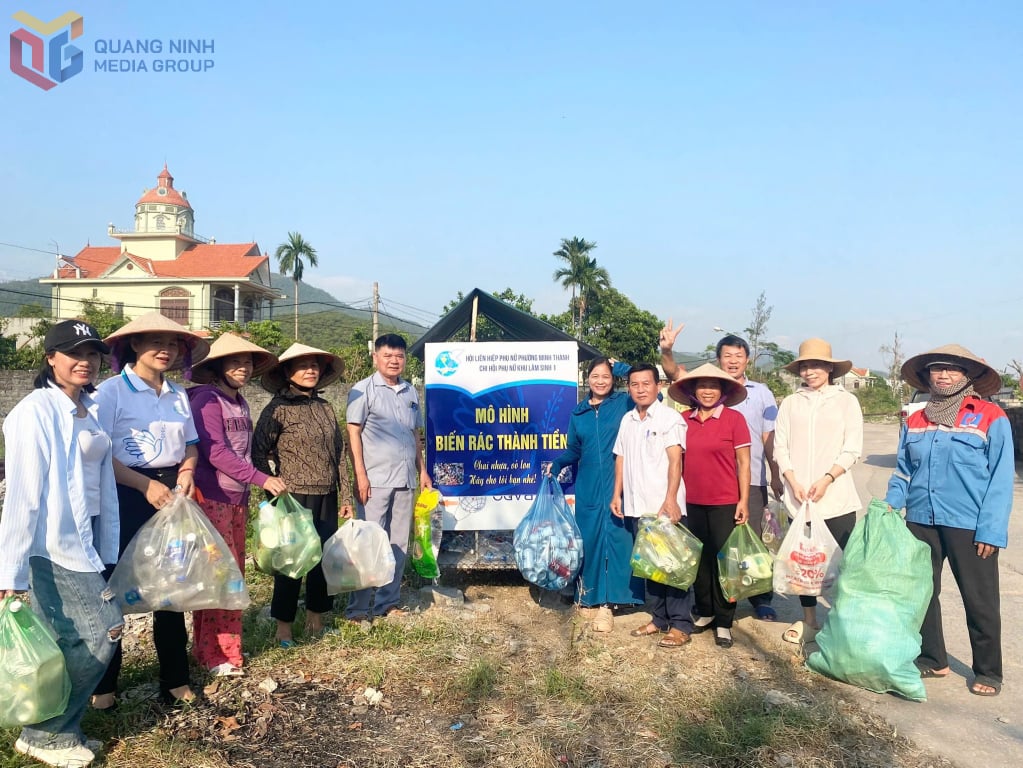
Thanks to the determination in implementing the Law on Environmental Protection, up to now, the rate of collection and treatment of domestic solid waste in rural areas of the province has reached over 90%, in urban areas it has reached over 99%; the rate of hazardous waste treated according to regulations is nearly 100%; the rate of rural households using clean water has reached 85.5%... 100% of operating industrial parks have centralized wastewater treatment systems, and 83.3% of industrial clusters.
In terms of pollution control, the province has had no serious polluting facilities since 2011. The automatic environmental monitoring system has been deployed synchronously, especially in sensitive areas such as Ha Long Bay, industrial parks, and border gates. The province has completed integrating environmental protection content into the provincial planning for the period 2021-2030, with a vision to 2050. Contents on natural heritage, climate change response, and biodiversity conservation are reflected throughout the planning goals and solutions, ensuring consistency with national planning. To date, 4/11 environmental goals in the planning have been completed, and the remaining 7 goals are being implemented.
The reform of administrative procedures in the environmental sector continues to be promoted. From 2022 to 2024, the province approved 158 environmental impact assessment reports and issued 187 environmental licenses. All administrative procedures are implemented at levels 3 and 4, ensuring publicity, transparency, and convenience for people and businesses.
In response to the requirements of sustainable development, the province has clearly identified that in the coming time, it will continue to sustainably protect the natural environment. In particular, it will continue to perfect the institutional system, issue detailed documents in full accordance with regulations; enhance professional training for staff working in environmental work at all levels, especially at the district and commune levels. Technical infrastructure for waste and wastewater treatment continues to be invested in and upgraded, especially in developing urban areas and rural areas. The province builds mechanisms and policies to encourage businesses to invest in the environmental sector, expanding the socialization model of waste collection and treatment in the community. Communication, legal education and mobilization of the participation of the entire population are organized more regularly and extensively, laying the foundation for sustainable development in the future.
Source: https://baoquangninh.vn/no-luc-thuc-hien-chinh-sach-phap-luat-ve-bao-ve-moi-truong-3352725.html


![[Photo] Overcoming all difficulties, speeding up construction progress of Hoa Binh Hydropower Plant Expansion Project](https://vstatic.vietnam.vn/vietnam/resource/IMAGE/2025/4/12/bff04b551e98484c84d74c8faa3526e0)

![[Photo] Closing of the 11th Conference of the 13th Central Committee of the Communist Party of Vietnam](https://vstatic.vietnam.vn/vietnam/resource/IMAGE/2025/4/12/114b57fe6e9b4814a5ddfacf6dfe5b7f)





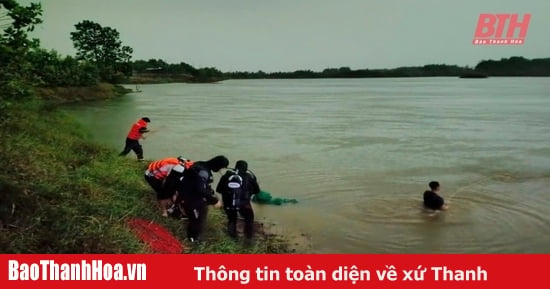
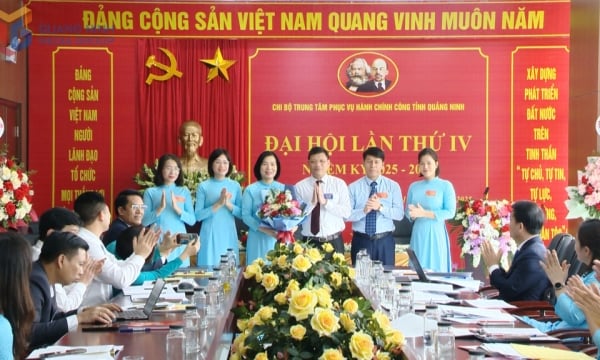
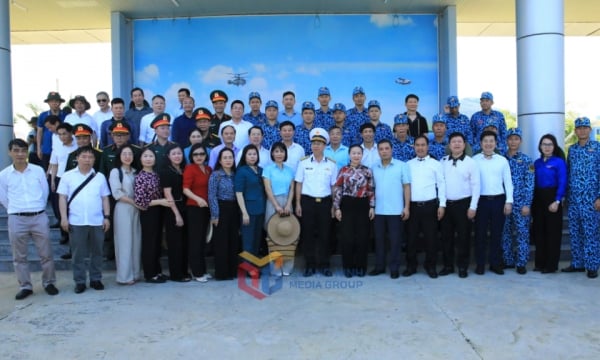
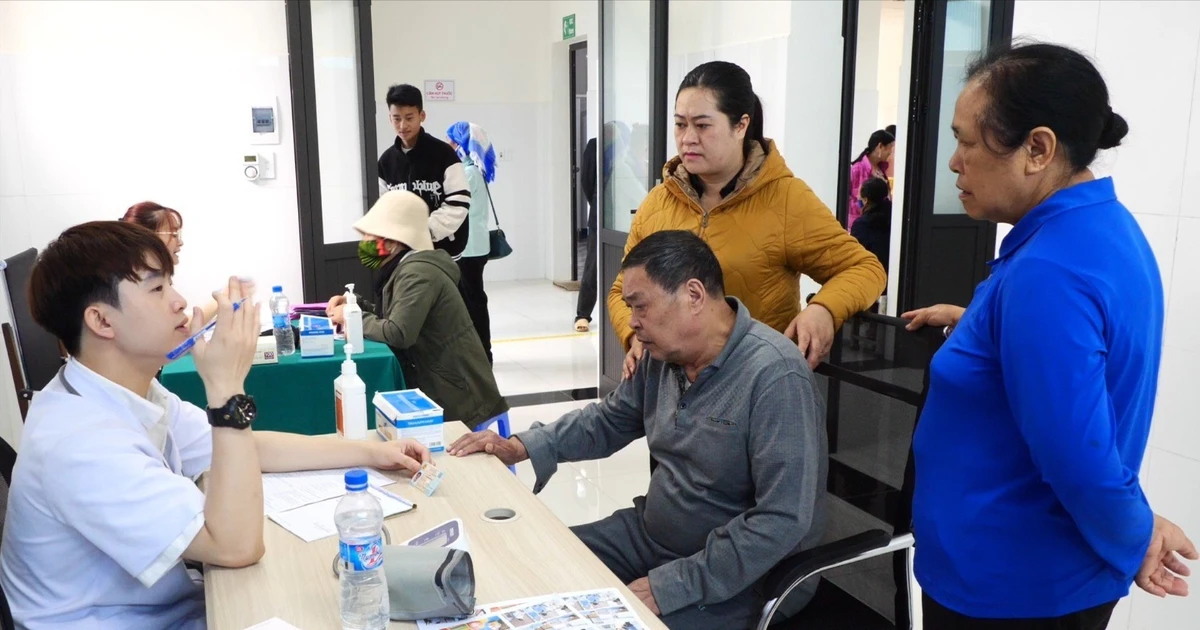



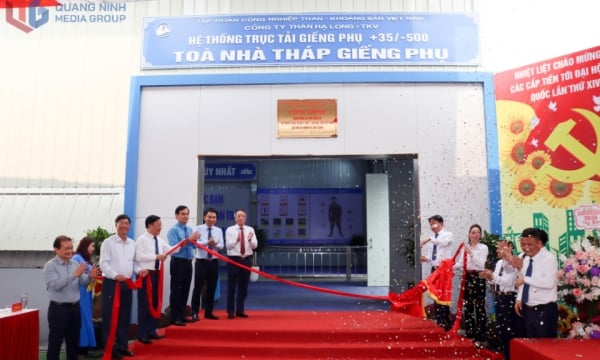
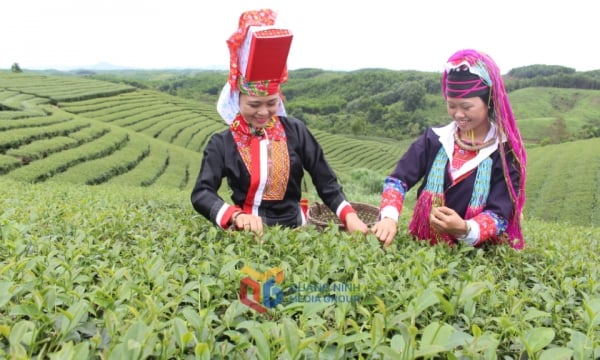
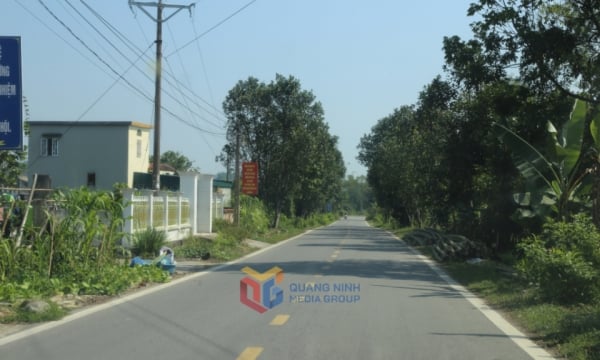
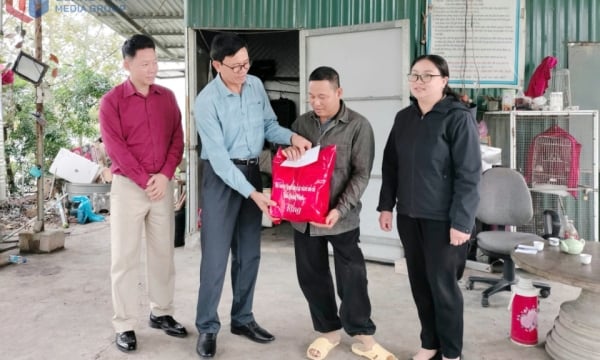
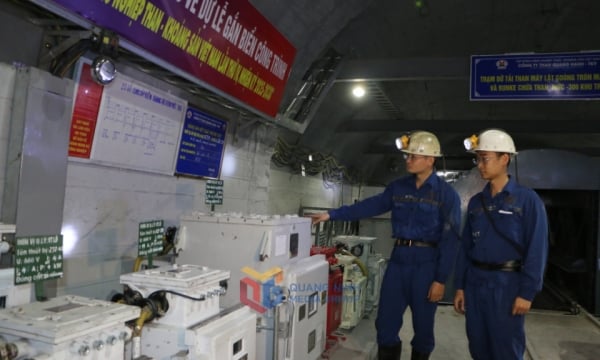
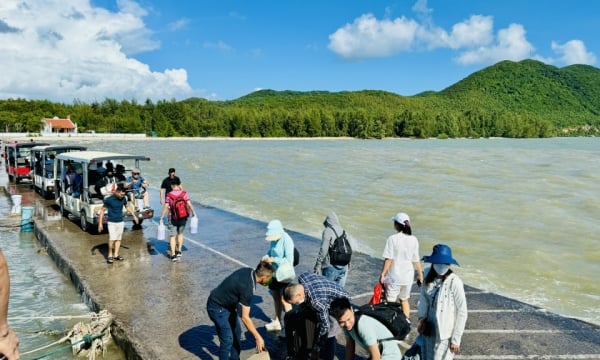














































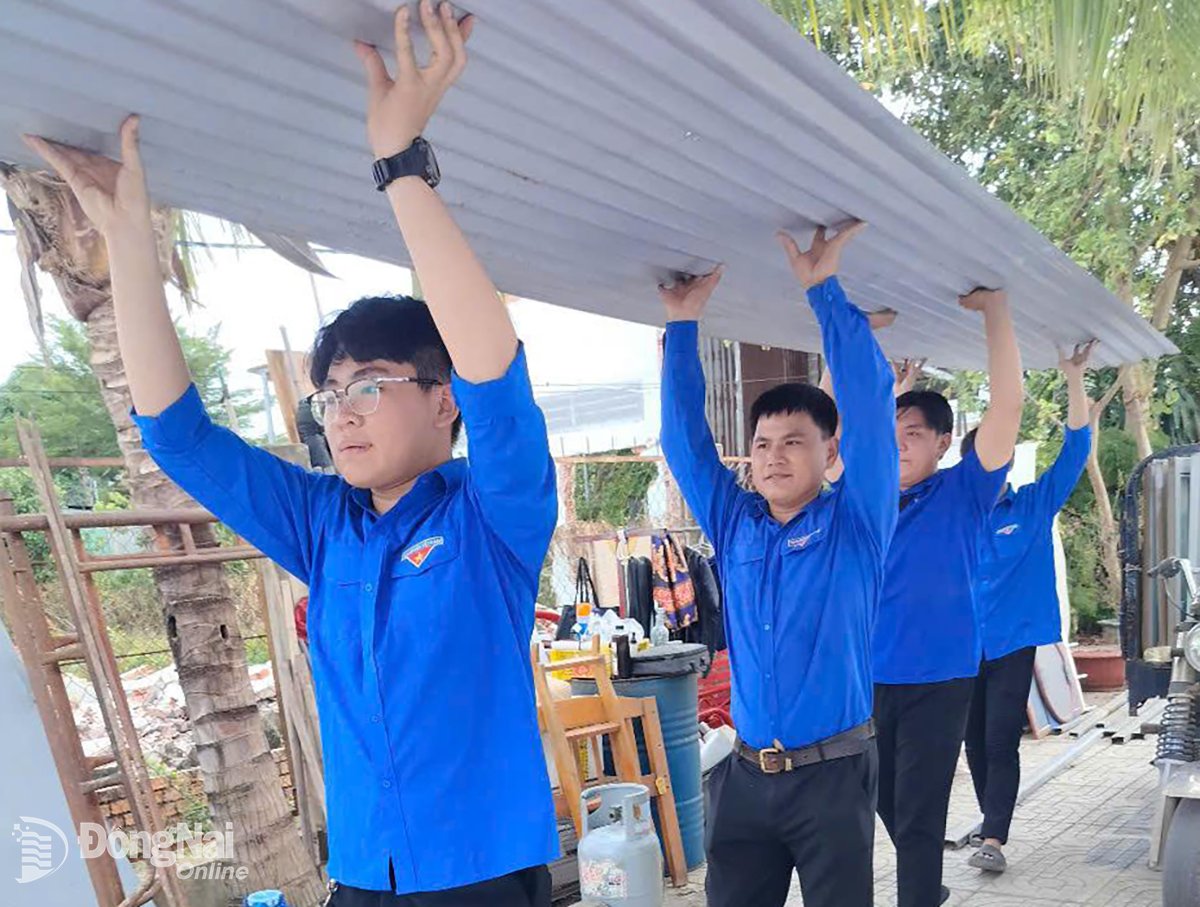

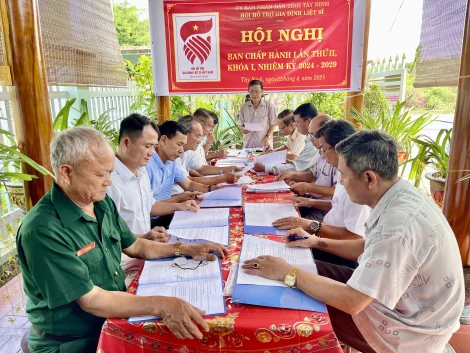



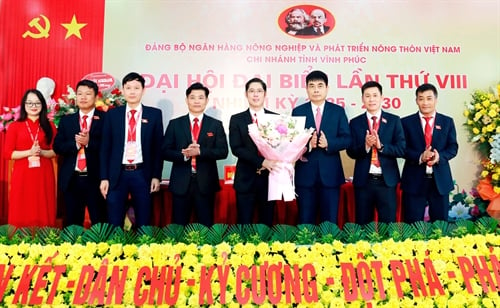












Comment (0)